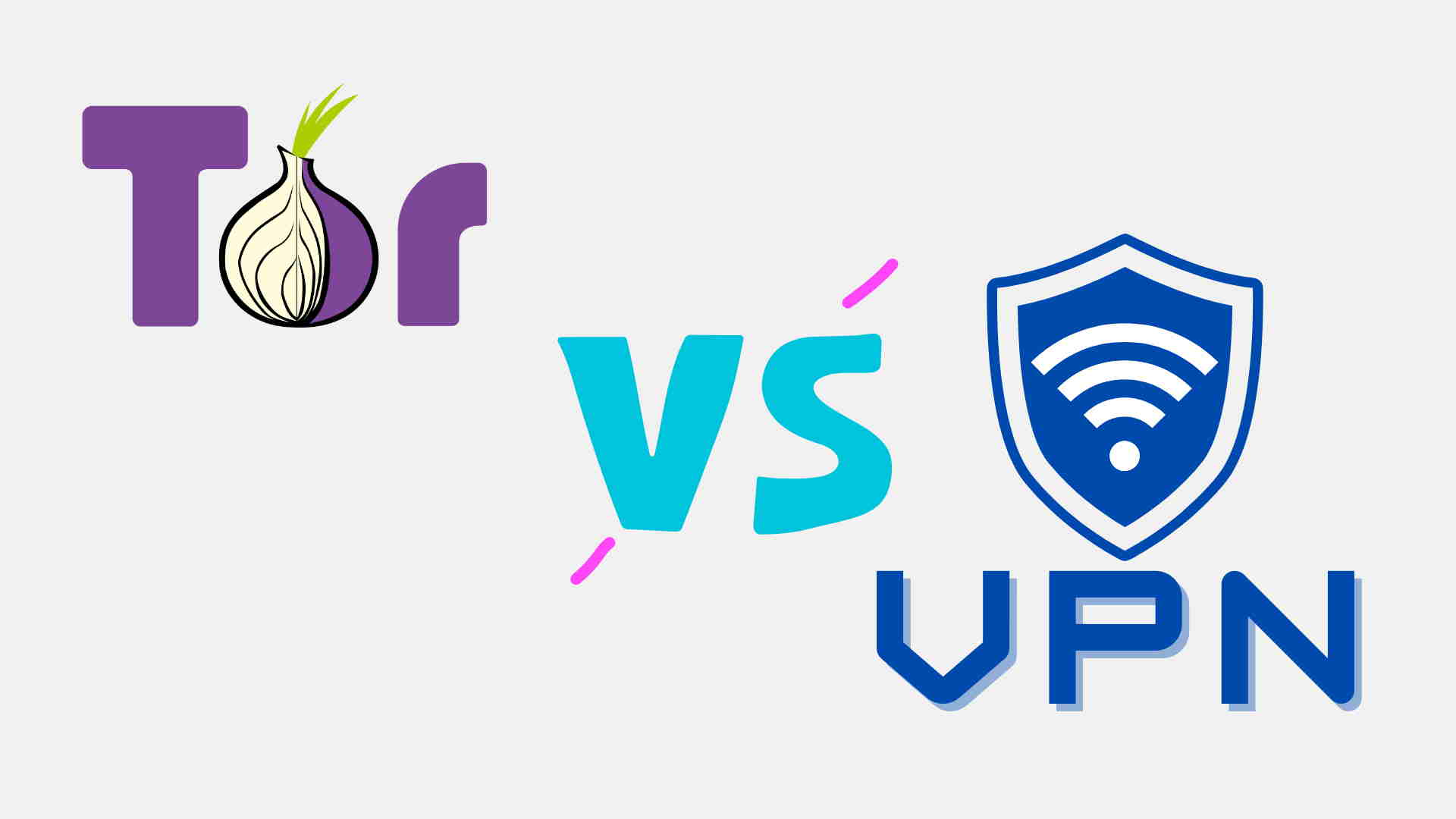Tor Browser vs. VPN

In this post we will compare virtual private network services and the Tor Browser and find out which one will be the right choice for your needs.
Tor Browser
Let’s start with the Tor Browser. It is free software that enables private browsing without tracking, surveillance, or censorship. It is the right choice for those who want to anonymously access the web or the dark web.
Advantages of the Tor Browser
Let’s go through the advantages of the Tor Browser.
-
It provides a very high level of security since the traffic is routed though not one but a series of proxies. Also Tor uses a decentralized network which means that there is no central authority that controls and manages connections.
-
It is also free.
Disadvantages of the Tor Browser
-
It is slow. Since the traffic goes through many proxies, browsing the Internet using the Tor Browser is much slower than usual. This is especially noticeable when loading pages with photos and videos.
-
Not all websites are available through Tor. A lot of websites block traffic that comes from the Tor network. Other websites require users to go through a series of CAPTCHA tests before getting access to a content.
-
Tor also does not allow users to choose a location from which the Internet is accessed. This prevents accessing region-locked content.
-
Tor protects only web traffic. Most applications such as email clients and instant messengers do not support and cannot use the Tor network.
Virtual private network services
Now, after we got ourselves familiar with the Tor browser, let’s get up close and personal with the VPN services.
Virtual private network services are best suited for securing public WiFi networks, accessing blocked content at work or school, bypassing censorship, unblocking region-locked content, and torrenting.
Advantages of the VPN services.
-
VPN usually does not decrease the speed. Since the traffic goes only through one proxy, the speed of the Internet connection does not noticeably decrease. At least when you have a good VPN provider.
-
VPN allows users to choose a location from which the Internet is accessed. This function allows accessing region-locked content.
-
VPN encrypts all traffic. As soon as a VPN service is turned on, all applications that communicate through the Internet will start using encrypted channels for communication. This includes web browsers, email and instant messaging clients, and even video games.
Disadvantages of the VPN services.
-
VPN providers can see and record users' activity. VPN is a centralized service. It is usually operated by a private company that manages servers and controls connections. This allows providers to collect data and record activity of their users.
-
VPN services cost money. Most VPN services are not free and those that are free are often less secure, less reliable, and slower.
Use the right tool for the job
Now you know the difference between the VPN service and the Tor Browser. Which one of these tools will work better for your problem?
Have a question or suggestion?
There is more than one way to start a conversation:
Create a post in our Reddit community.
Fill out the form.
Send us an email: info@relbis.com